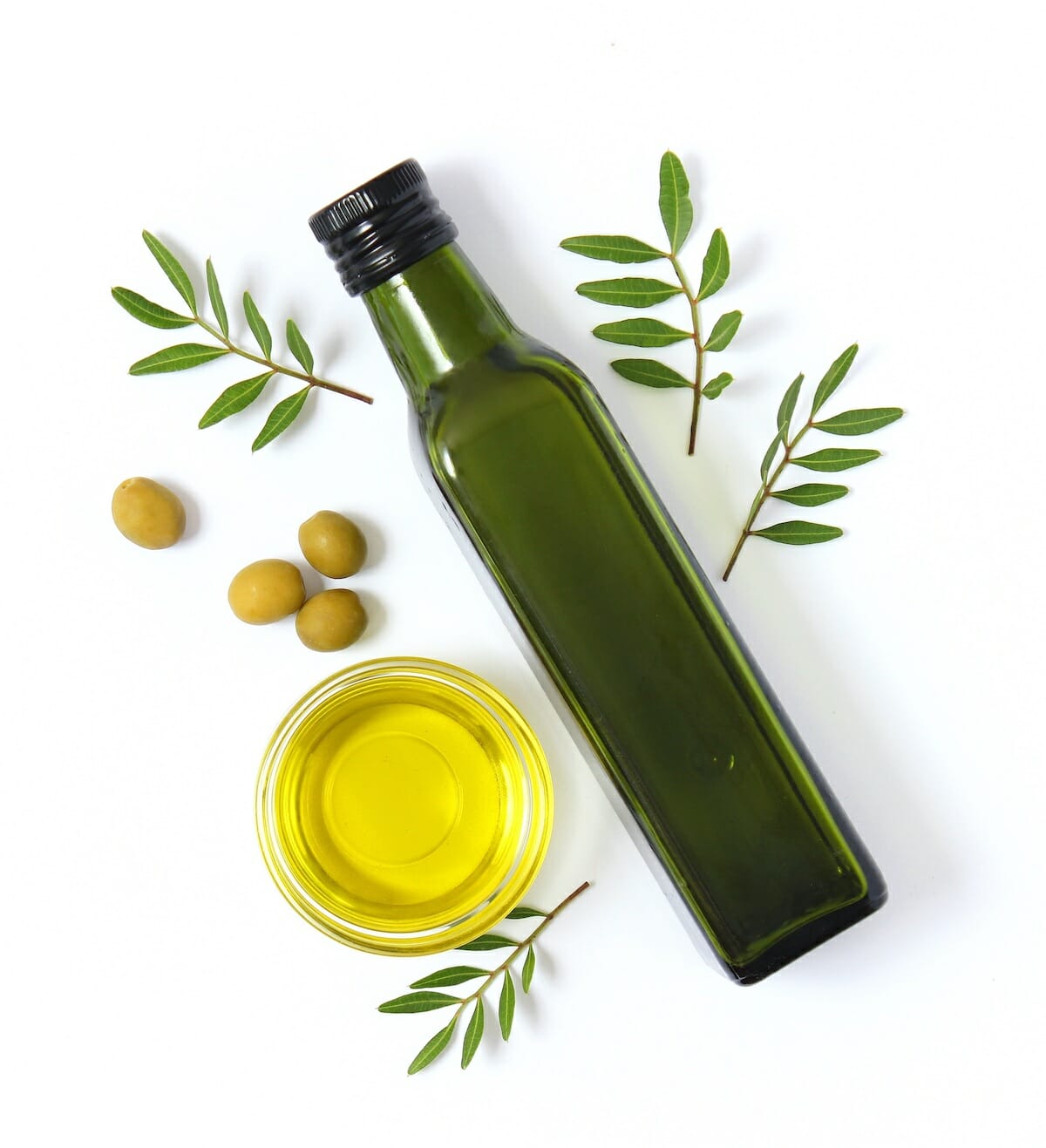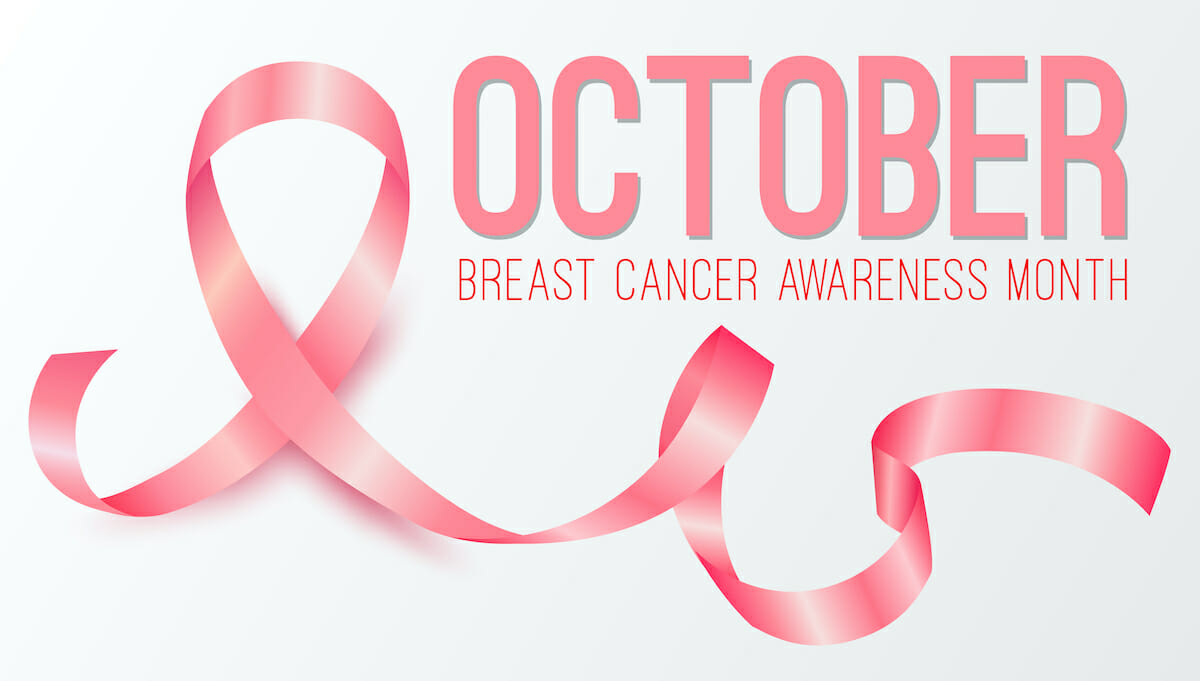Health benefits of extra virgin olive oil
According to Kristin Kirkpatrick, RD, registered dietitian with Cleveland Clinic, you may want to add a little more extra virgin olive oil into your diet.
“With modern medicine many people are outliving their brains. We want people to live longer, but we want them to be able to live longer and have their capacity of their brain and not go into that cognitive decline,” she explained. “There’s many factors that go into brain health. Olive oil is one factor, but it tends to be in all the studies that we are seeing that are relative to increased brain health.”
Extra virgin olive oil is a critical component of the Mediterranean diet, which studies show is heart healthy and may increase longevity.
Regular intake of extra virgin olive oil also appears to improve chronic inflammation and possibly plays a role in the death of cancer cells.
Kirkpatrick recommends about 1 to 3 tablespoons per day. Some ideas include, spritzing it on toast for breakfast or drizzling it over salad.
However, you choose to consume it, extra virgin olive oil may do your body good.
“It’s actually very similar to looking at, let’s say, a blueberry or looking at broccoli, anything that has abundant color, anything that’s a plant is going to help with cancer prevention and olive oil tends to have a very high capacity of anti-oxidants,” she said.
When choosing an extra virgin olive oil, look for a dark bottle and keep it tightly sealed once opened, as light and air can affect taste and quality.
Always go with “extra virgin” and remember the fresher the oil, the better.
– Cleveland Clinic News Service
What to know about new Omicron booster
With the new Omicron booster now available to help prevent the spread of COVID-19, some people may be wondering how it works or if they need it.
“The bivalent booster has two different components of mRNA in it, so half of it helps to protect against the original strain of the COVID virus,” explained Kimberly Giuliano, MD, pediatrician for Cleveland Clinic Children’s. “It’s 50% the same as the vaccine we have been getting all along. The other 50% encodes for proteins that protect us against the BA.4 and BA.5 variants.”
Both Moderna and Pfizer are offering the new omicron booster. However, they do have different age restrictions.
Moderna is only available to those 18 and older, while Pfizer can be given to those who are 12 and older.
Dr. Giuliano said side effects are similar to what a person would experience with the original vaccine. For example, soreness at the site of the injection, fatigue, headache and chills.
There is a risk for myocarditis, which is inflammation of the heart, but she points out that the risk is even higher if you were to contract COVID.
So, what if you already got the original vaccine and booster? You should still get this one, but you’ll have to wait at least two months before doing so.
“The two-month interval is a recommended minimum, so it’s acceptable to wait a little bit longer if you are a healthy individual without risk factors and you live with healthy individuals without risk factors where you’re worried that even if you had a mild disease you could pass it on and cause more serious disease in somebody else,” said Dr. Giuliano.
With a more active flu season expected, she also recommends getting your flu shot. The vaccine is safe to be administered alongside the omicron booster.
– Cleveland Clinic News Service








